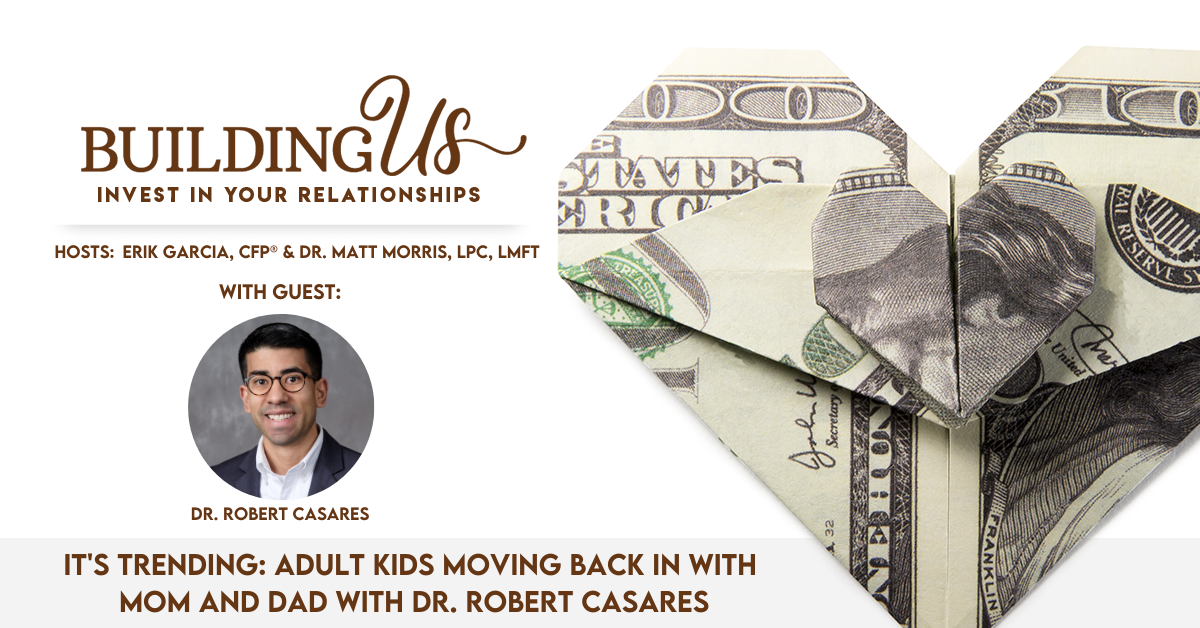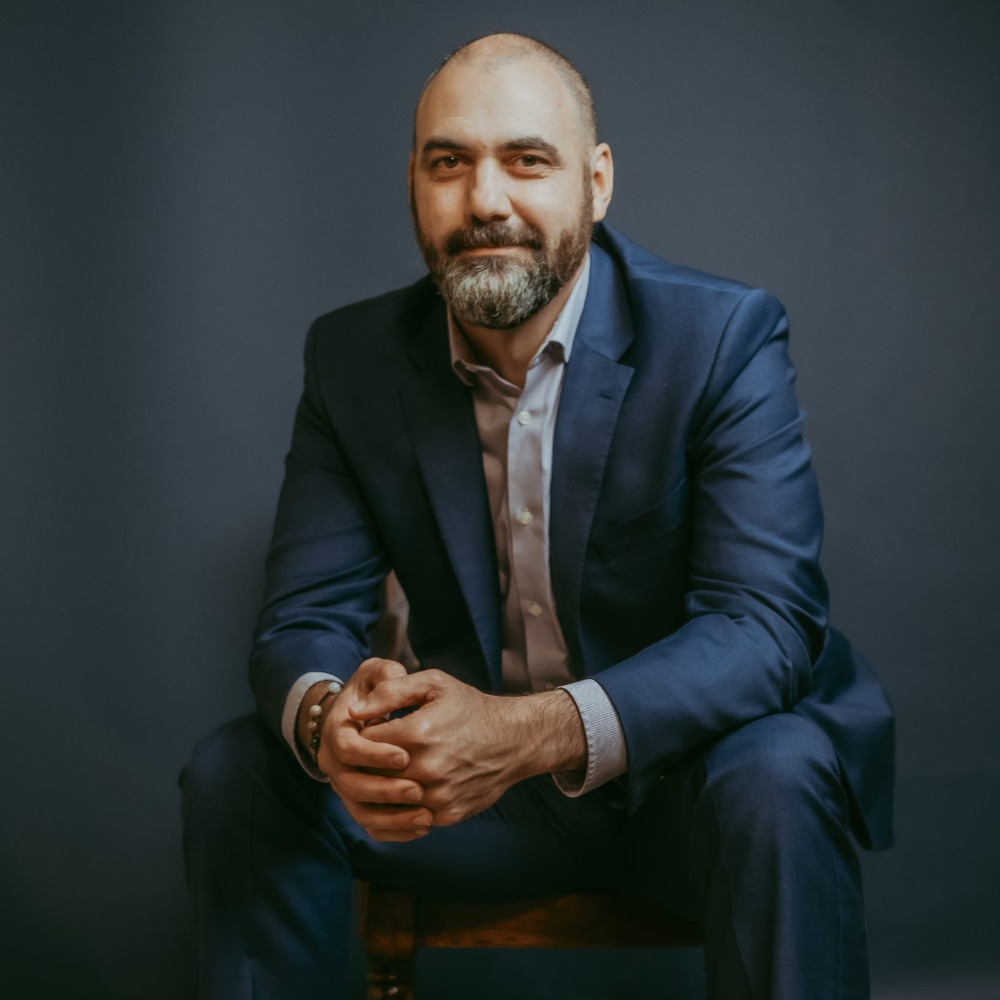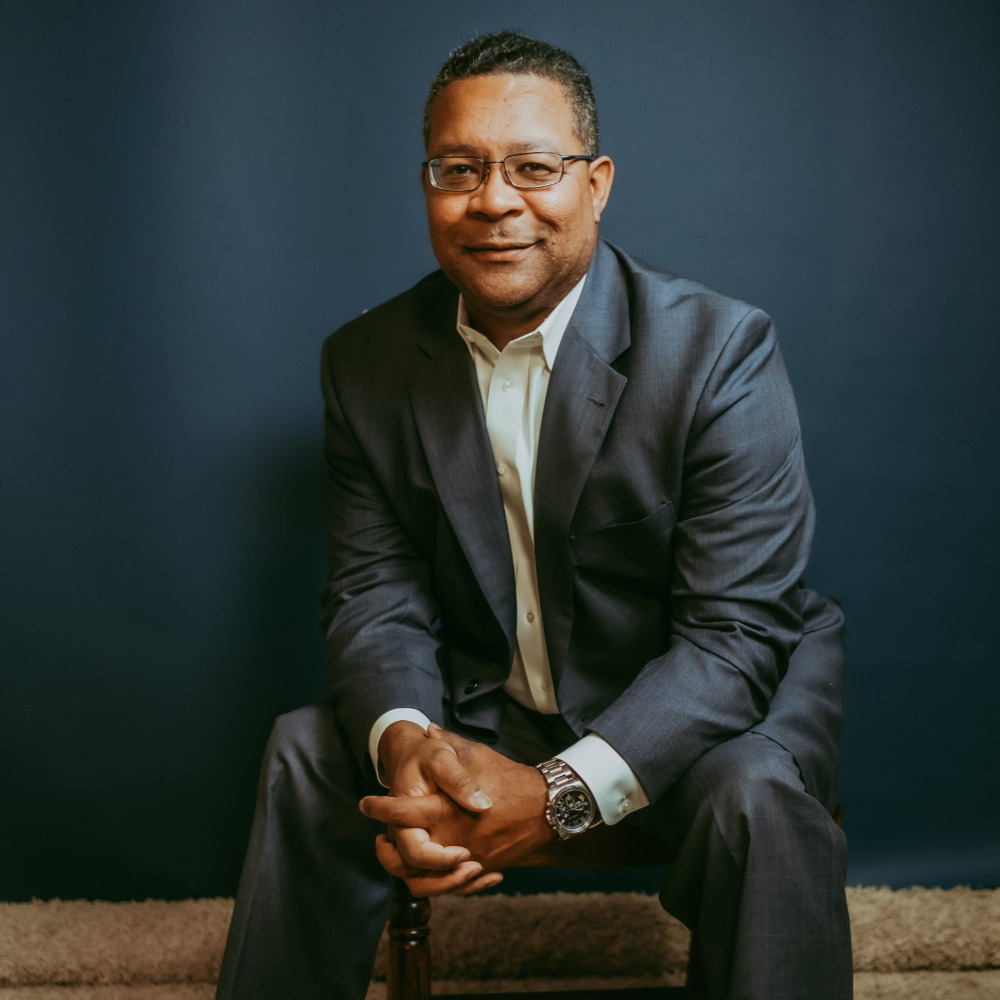
How do parents react when their young adult children return home either in a planned or unexpected way? Robert Casares, Assistant Professor, Department of Counseling at Wake Forest University shares his research and insights on “Boomerang Parents” in this episode of the Building Us podcast, hosted by Erik Garcia, CFP®, and Dr. Matt Morris, LPC, LMFT.
Episode Highlights:
- Erik introduces Robert Casares. (3:57)
- Robert mentions that he’s done some research into Boomerang parents and what it’s like for them when their young adult children come back to the home, either in a planned way or an unexpected way. (4:25)
- Robert shares the story of how he came up with his research. (5:36)
- Robert believes that ages 18 to 24 years old are generally students who found themselves in colleges that are closed, and now they’re doing remote learning from home. (8:06)
- Robert shares that those families that have a cultural component illustrate a significant point in his research and readings. (9:38)
- Robert mentions a disclaimer, that the age of a young person returning home, the circumstances under which they find themselves needing to or wanting to come home, the age of their parents, socioeconomic status, and culture, all of those factors are significant variables. (12:42)
- Robert shares that the circumstances under which someone comes home can create depression and stress within the relationship of the parents amongst one another, and amongst their child. (13:43)
- Robert thinks that the inflection point in the relationship from parent to child comes down to communication and negotiation of expectations, and establishing boundaries. (20:42)
- Robert mentions that as counselors, they have an action called informed consent, where the expectations, the scope of what they do, and the limits of confidentiality are all on the table. (38:10)
- Robert mentions one of the scenarios he encounters frequently from the couples he’s working with is the thought of having a conversation about finances. (55:38)
- Robert shares that from a mental health standpoint, when someone has goals that contribute to a sense of self-esteem when young people or families come together, it could help with the momentum, increase the likelihood that the goals and progress will be achieved. (58:04)
Key Quotes:
- “I think maybe a silver lining out there for those parents who find themselves with kids coming back. There’s a lot of research to say that for those parents who then take in their kids, those kids are more likely to take in the parents when the time comes, you know, decades down the line. So, it’s almost an incentive to kind of pay your dues now because it will pay dividends later.” – Robert Casares
- “Systems are resistant to change, and oftentimes when change happens, it gets worse before it gets better. And so initially, families might experience that level of depression. But over time, they reach homeostasis, they become accustomed to this new living arrangement, and it can become positive and there can be flourishing, but there’s almost got to be that recognition of it will get worse before it gets better.” – Robert Casares
- “Being able to see it as an opportunity to share resources during a time where resources might feel scarce to give the young person a chance to get a stable footing, and a clear vision of what are some viable paths that might be both fulfilling, but perhaps lucrative.” – Robert Casares
Resources Mentioned:
Your First Step to Financial Security
Schedule your Strategy Session
Curious about working with Plan Wisely? Schedule your no-obligation 30-minute strategy session with us to explore how we can help you achieve your goals.

Schedule time with Erik

Schedule time with Xavier


